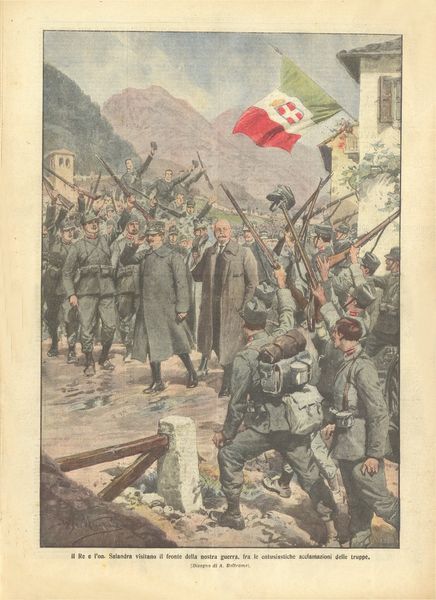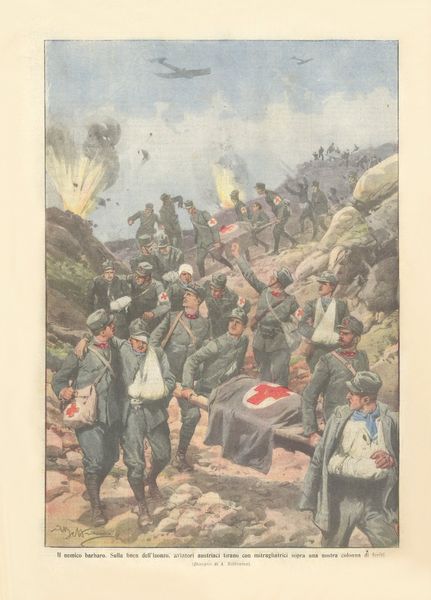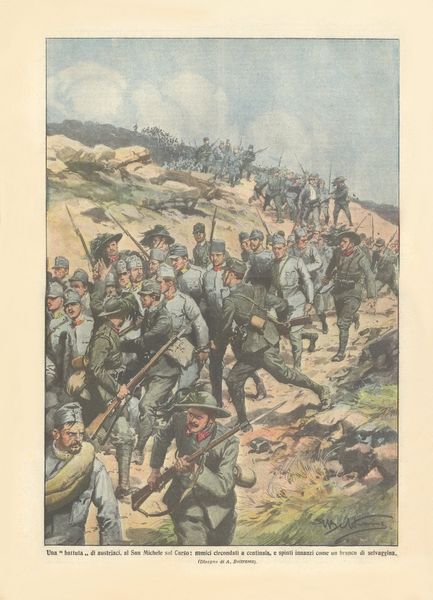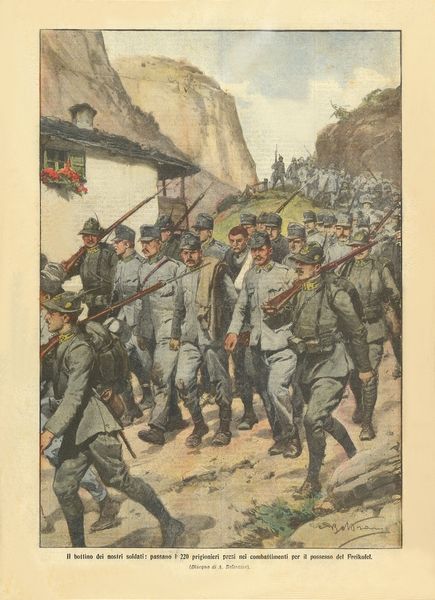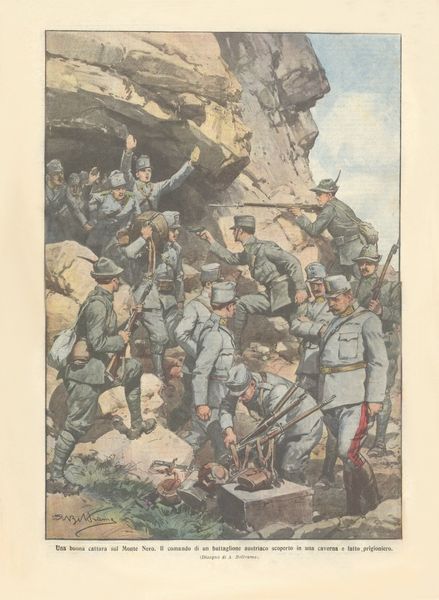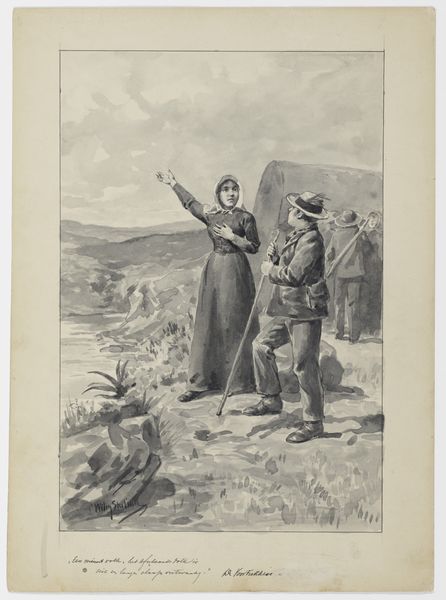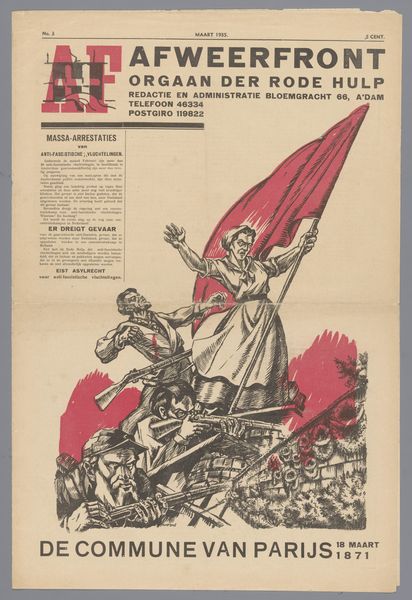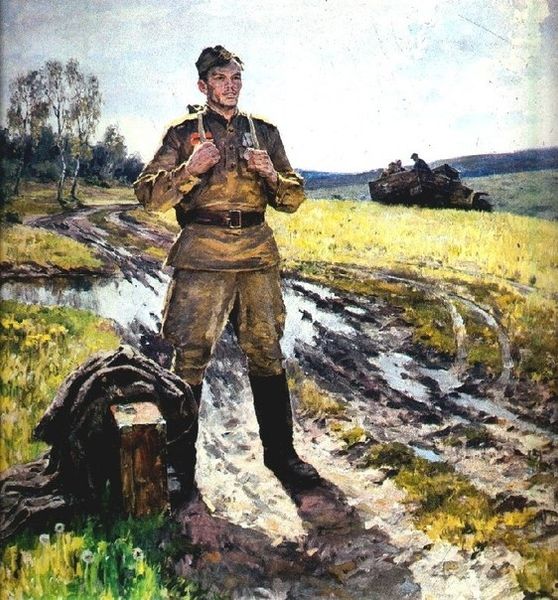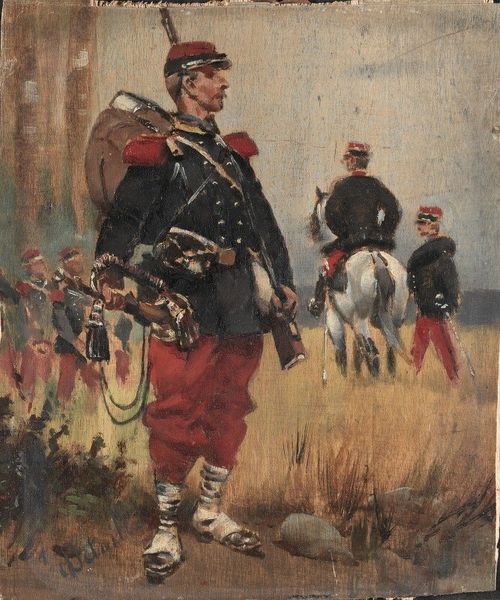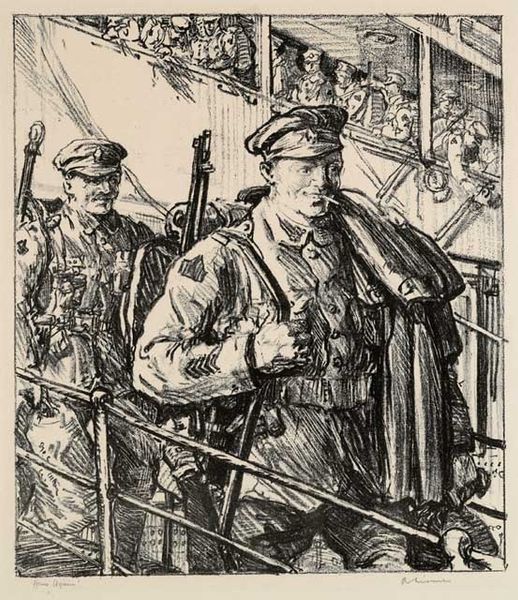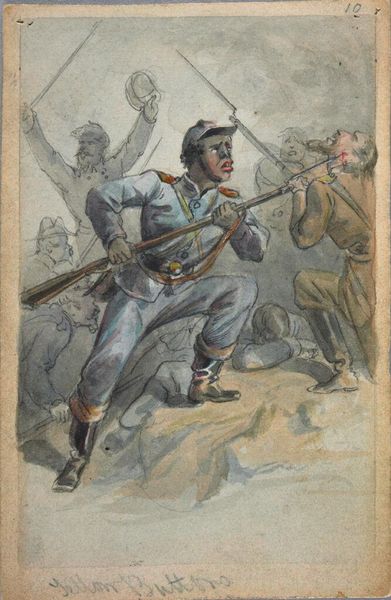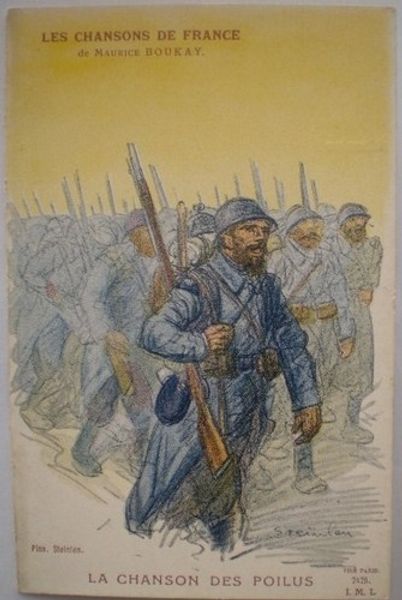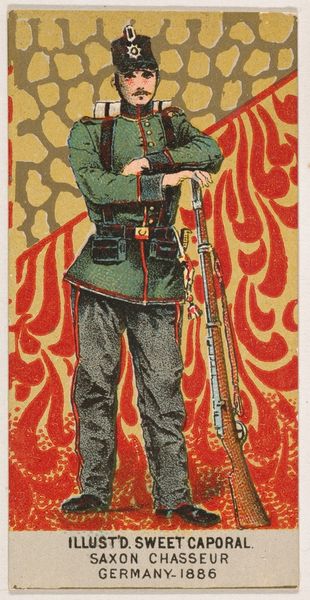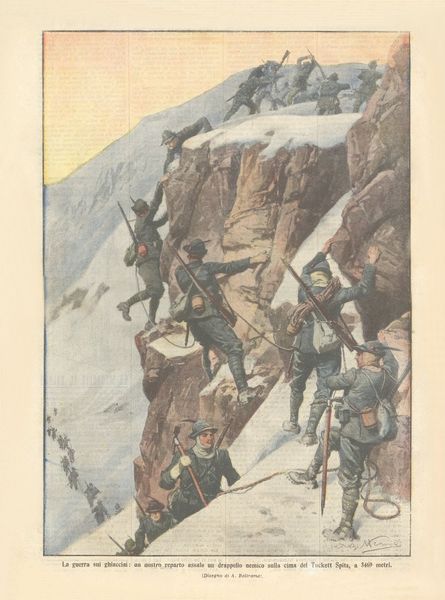
Surrender of the Turkish Garrison in Rhodes near Psithos to the Italian General Giovanni Ameglio on 16 May 1912 1912
0:00
0:00
painting, plein-air
#
magazine cover layout
#
picture layout
#
painting
#
plein-air
#
page layout composition
#
newspaper layout
#
collage layout
#
magazine layout
#
photo layout
#
magazine spread layout design
#
magazine design layout
#
history-painting
#
page layout
#
academic-art
Copyright: Public domain
Curator: This image captures a pivotal moment: “The Surrender of the Turkish Garrison in Rhodes near Psithos to the Italian General Giovanni Ameglio on 16 May 1912” by Achille Beltrame. It's a painting from 1912, created in the plein-air style, depicting the surrender of Ottoman forces to Italian troops during the Italo-Turkish War. It's presented as a magazine cover layout, as you can see at the top. Editor: It’s certainly striking! I immediately get a sense of defeat and formality. The subdued colors add to this sense of solemnity. Look at the figures in the center, they are highlighted against a hazy mountain backdrop, framed by tall pine trees, adding a stage-like quality to the surrender. Curator: Indeed, Beltrame was capturing a moment of intense political importance, feeding into the Italian nationalistic fervor of the time. This image was not just news, it was a piece of propaganda intended to galvanize public support for colonial expansion. Editor: You see the key visual metaphor is the handover of the sword: The Ottoman officer extends his weapon to the Italian general, signifying a complete loss of power and control. Swords always serve as strong, immediate symbols of status and dominance. I'd say this iconography serves the political agenda. Curator: Absolutely, it’s also fascinating how Beltrame stages the figures. He arranges the Ottoman officers with the red Turkish flag prominently displayed. While the Italian General stands with his entourage on slightly higher ground, underscoring the power dynamics in play here. Editor: The subtle, almost grey rendering of the Turkish flag adds another dimension, indicating a slow fading of that nation’s empire, versus the brighter colours elsewhere that reinforce the victor’s narrative. What does that reveal about public opinion? Curator: Good question. The publication that displayed this cover wanted to portray a swift and righteous victory, thus securing readership and reinforcing societal beliefs. There is a clear message that Italy is stepping onto the world stage, while Ottoman power wanes. Editor: The imagery and composition certainly offer insight into how cultural and political attitudes were being shaped and presented. Analyzing its reception provides an interesting insight into cultural values around power, conquest, and nationhood at that moment in history. Curator: Precisely, it prompts us to examine the relationship between art, power, and public perception. Editor: It's really fascinating how an image initially created as a tool can be reinterpreted in ways that make us rethink not just that specific era, but symbols in general!
Comments
No comments
Be the first to comment and join the conversation on the ultimate creative platform.
